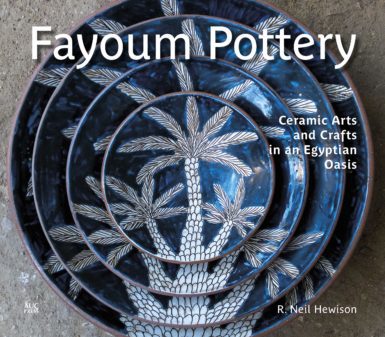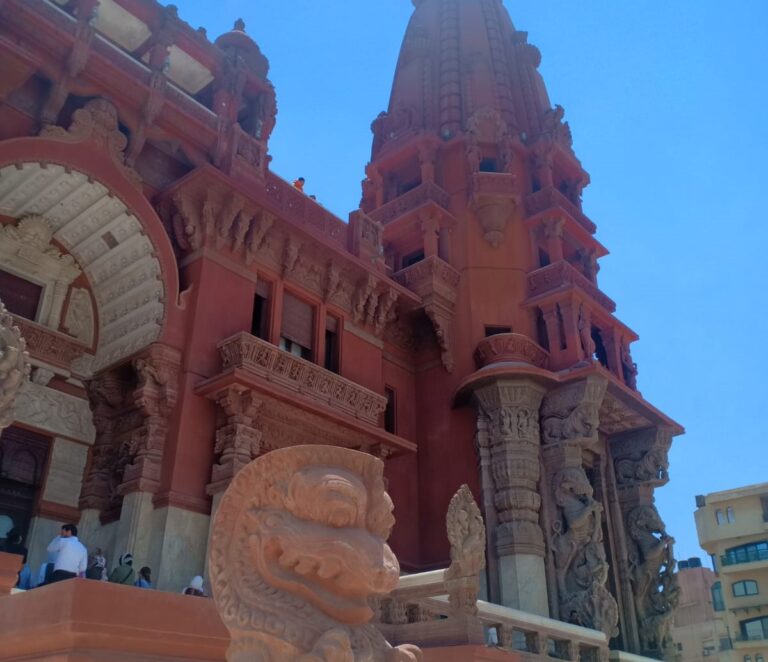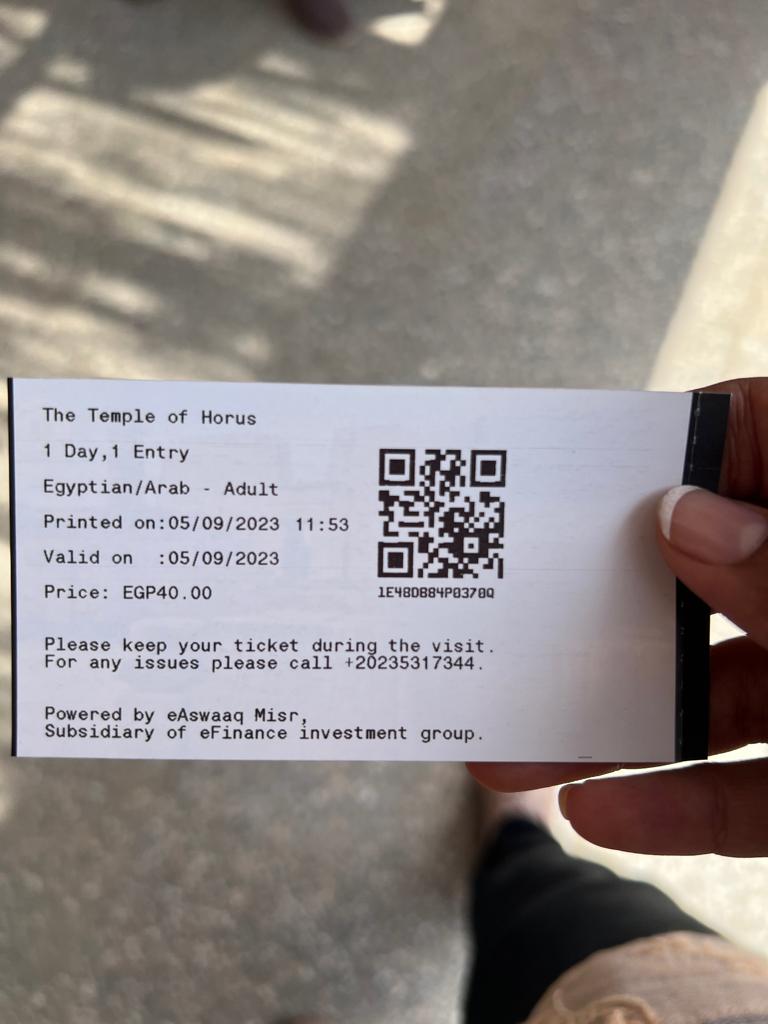Pottery of Fayoum – an artistic flourishing in the oasis
Pottery has been part of Egyptian daily life for centuries. There are thousands of fragments of pottery scattered at sites throughout Egypt, and in many ways pottery remnants tell us as much about life in Egypt in the past as the art in tombs and temples, the sculptures, coffins and other objects made from more valuable substances than clay.
When you visit any of the museums in Egypt or the Egyptian collections of museums elsewhere around the world, you may find the pottery items are just as fascinating as the golden royal or ceremonial objects or the magnificent sculptures of kings, queens and nobles, and the pottery objects often give more sense of human connection with the people of the past.
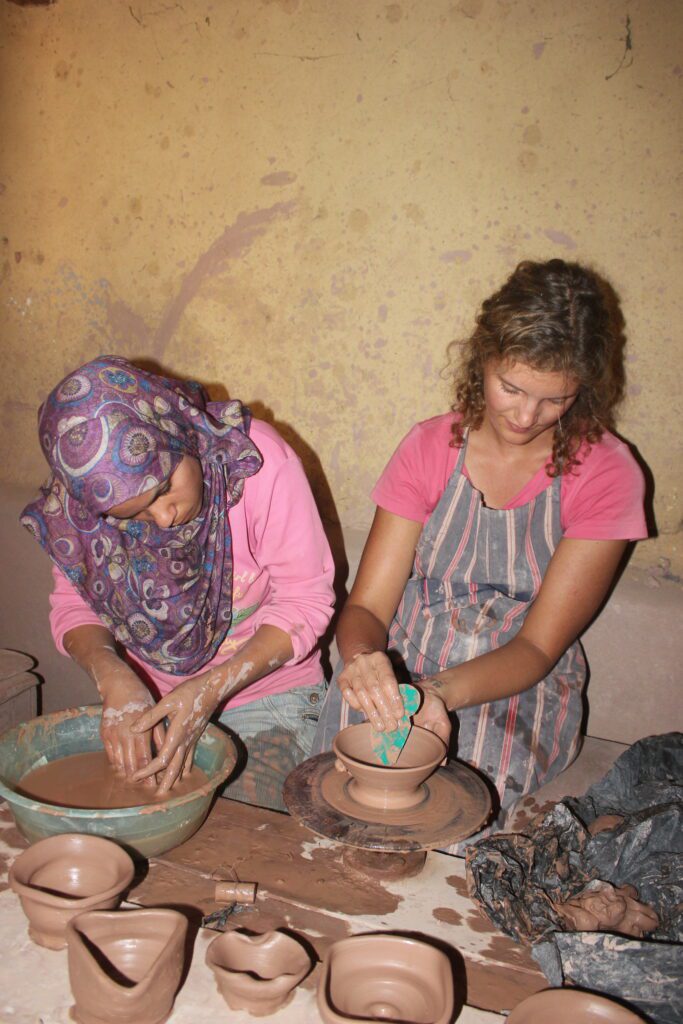
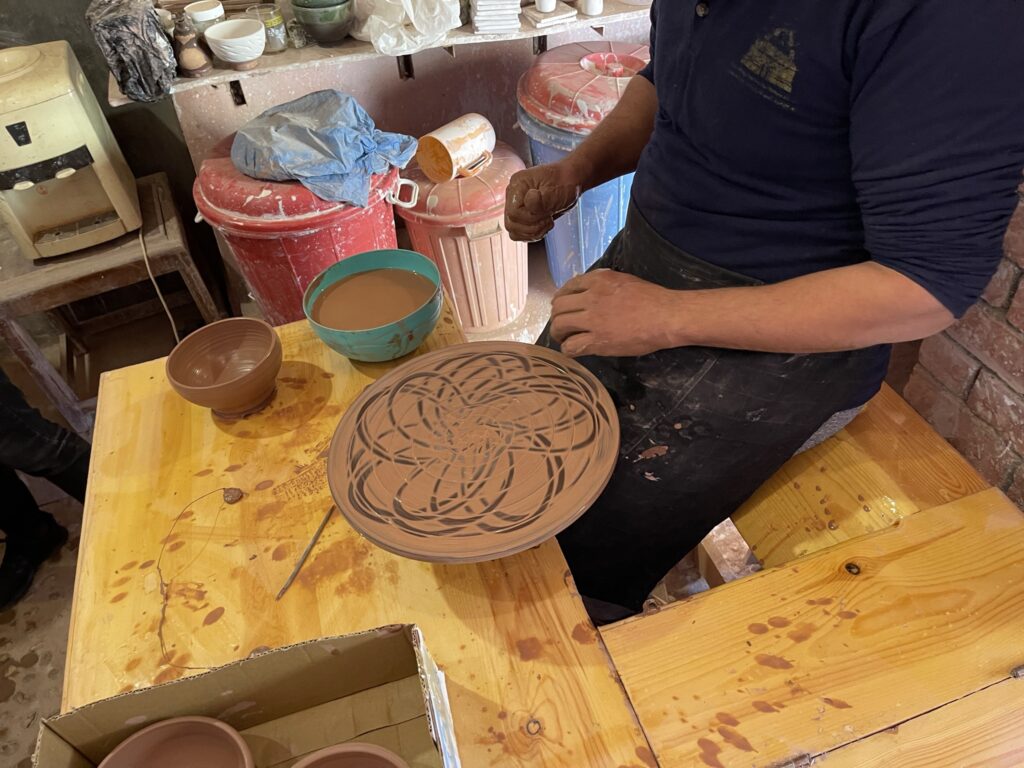
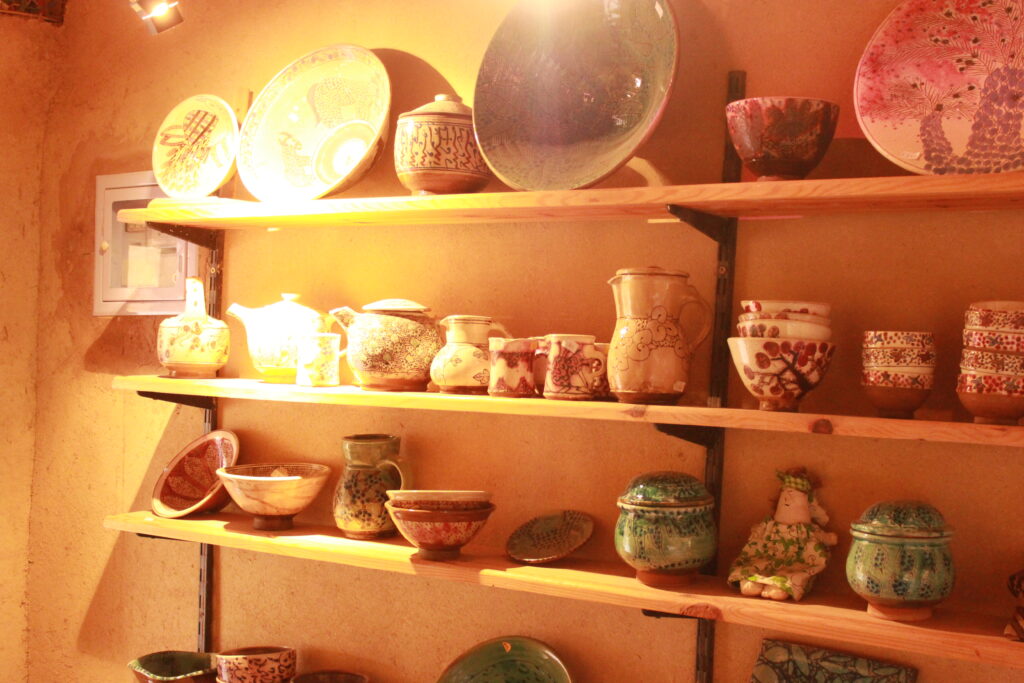
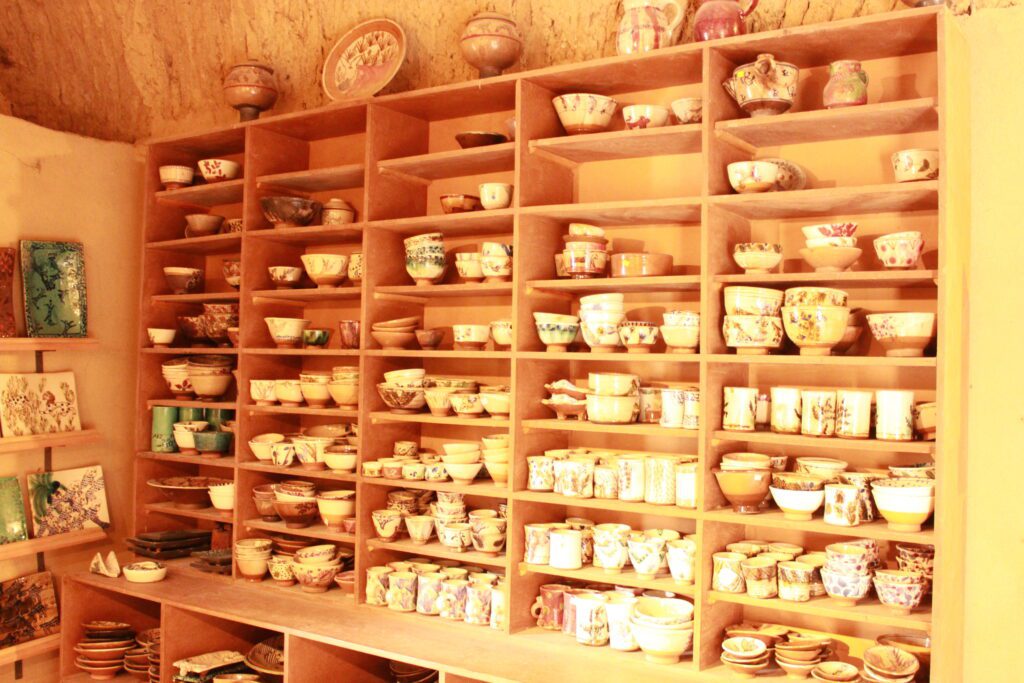
Before plastic invaded our lives pottery dishes, bowls, cooking and serving implements and practical items such as incense burners were mostly of pottery (metal or glass containers being more expensive). Pottery was mostly for practical use but also had decorative use. Some pottery also had religious / spiritual roles, including objects that were buried with individuals, part of the insurance of their wellbeing in the afterlife. Pottery is still used every day in many Egyptian homes, especially for cooking some specific dishes such as savory couscous or the sweet Um Ali, which are served in the pottery they are cooked in. Small water jugs made of pottery, called ola, and larger containers called zeer are still often seen in the streets. Although plastic has replaced much pottery because it is less likely to break and is lighter in weight, pottery remains healthier for the environment and for containing food and drink. With some care, pottery items can last for decades and retain their beauty.
Fayoum Oasis is about a two hour drive from Cairo, an opportunity to enjoy with us beautiful natural environments including lakes and desert, and significant historic sites. You can visit with our day tours, or for a longer visits we suggest camping or eco hotels that give you a deeper experience of this area and a relaxing break from city life.
Fayoum also has a long artistic history. The best known examples are the beautiful, lifelike Fayoum Portraits. These are paintings that adorned the coffins of the dead, some you can see in the Museum of Antiquities in Cairo and other museum collections. Ancient pottery from Fayoum is also in many museum collections, but it is the more recent traditions of pottery in the oasis that attracts the interest of visitors today. Many travel to Fayoum specifically to enjoy the artistic community of Tunis Village, and to admire and purchase the pottery made here.
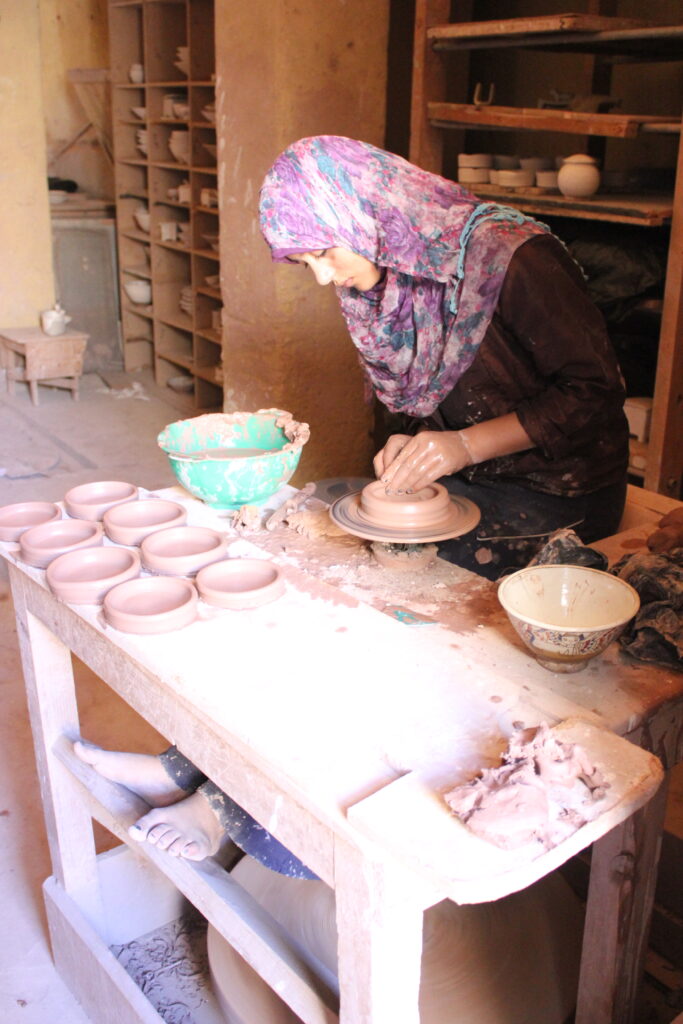
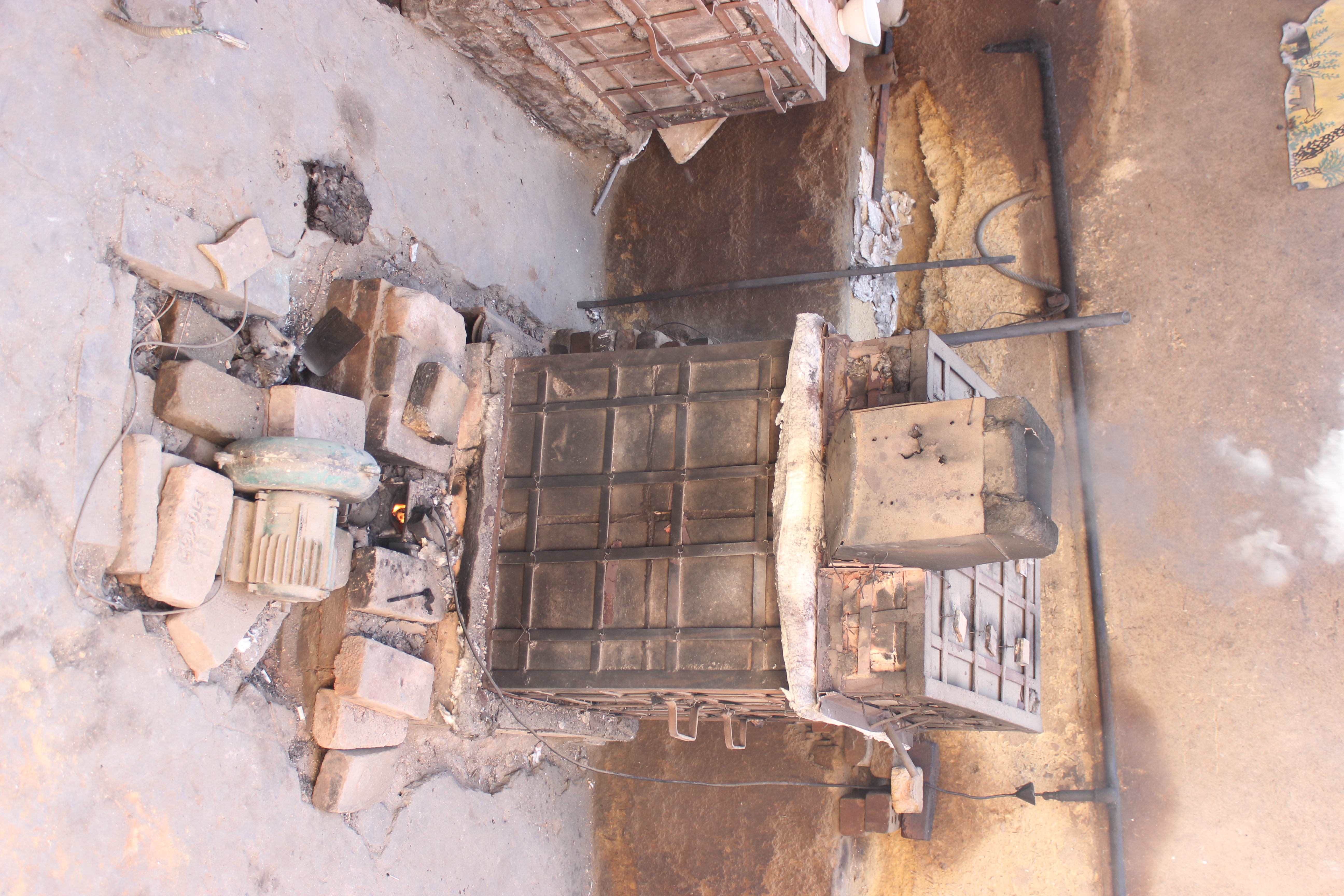
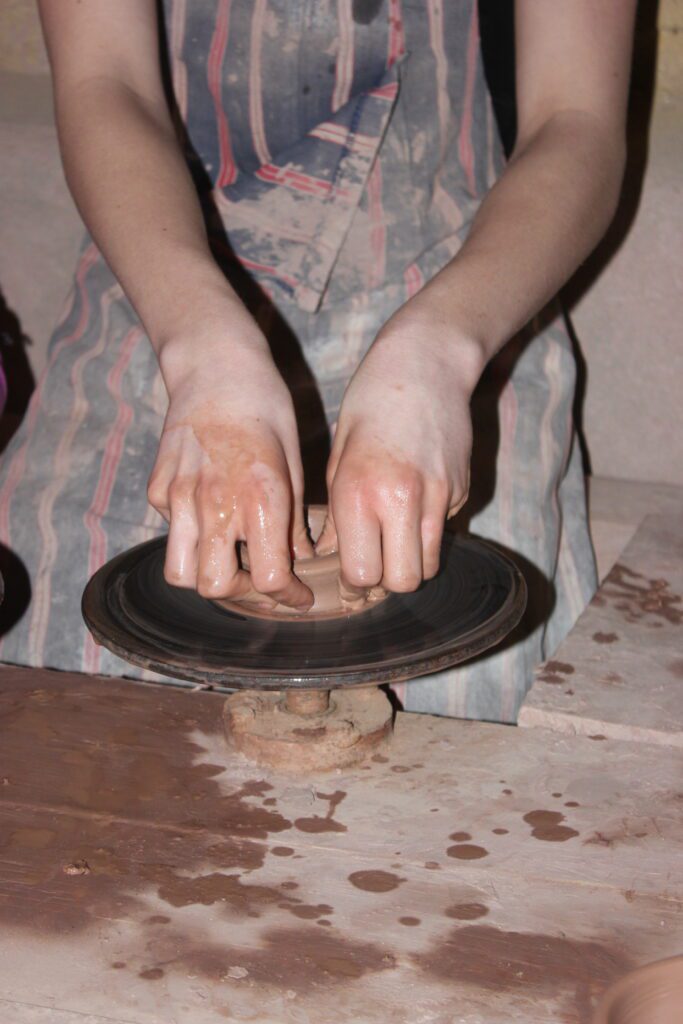

In the 1980s Evelyne Porret, a Swiss artist, settled in Tunis Village and made a significant contribution to the development of pottery as a form of artistic expression and income of locals, founding the Fayoum Pottery School. She established an NGO called Betah for training urban and rural children in pottery, and mentored women who subsequently established their own workshops.
Today you can watch potters at work and try your hand at making simple items. Subjects familiar from the local environment, including plants and animals, feature on the painted pottery. The popularity of Fayoum pottery has seen it become available and in demand across Egypt in such diverse places as Dahab and Siwa Oasis, but the best way to learn about and experience Fayoum pottery is in Fayoum.
Bring home a bowl, plate or cup from Fayoum and it may quickly become your favorite item to use every day, a practical and beautiful reminder of your experiences in Egypt.
Ask our Travel Advisors about including visits to see pottery makers in your Fayoum tour. There are also occasional arts events in Tunis Village, follow our Facebook page to hear in advance about these if you are interested in attending. More information or bookings, email [email protected] or WhatsApp +201100022242
